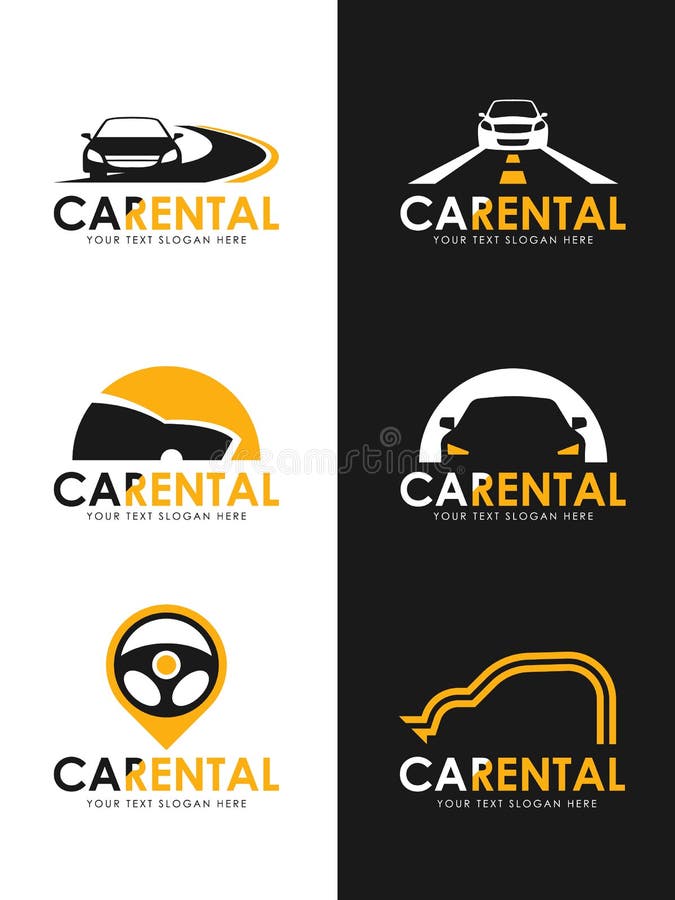Good News To Choosing A Car Rental Site
Good News To Choosing A Car Rental Site
Blog Article
How Do You Review The Insurance Coverage Offered By The Rental Company When Hiring A Car?
You must review the choices and insurance coverage provided by the rental agent to make sure you're protected and don't have to pay for unnecessary expenses. Understanding the basic coverage first. You need to be aware of the coverage provided by the rental agreement. The majority of rental companies offer basic liability coverage, which will cover damage to property belonging to third parties as well as bodily injuries in the case of an incident in which you're the one at fault. There may be limitations to this policy, as well as deductibles.
Think about Other Insurance Options. Rental companies provide additional insurance options to protect you. The most common additional coverage is Collision Damage Waiver. This helps to reduce or eliminate the financial responsibility you have for damage to your vehicle. Loss Damage Waiver also protects against theft and damages.
Assess Coverage limits and Deductibles. Review the limits for coverage and deductibles for each option of insurance. Determine the maximum insurance payout in the event of the event of damage. Also, figure out the deductible you must pay prior to when your insurance coverage starts to take effect.
Check Personal Insurance Policies. Check if your car insurance policy or credit card will cover rental vehicles. Some credit cards will provide second-party coverage for rental cars if you use the card to make payments. Also, your own auto insurance policy might provide coverage for rental vehicles, however the extent of coverage varies according to your policy and the insurance company.
Review Your Risk Tolerance. When deciding if you should purchase additional coverage, consider your financial situation and your risk tolerance. Purchasing additional insurance coverage can be beneficial if you are concerned about loss or damage to the rental vehicle and wish to have peace of mind. If you have adequate coverage elsewhere, you could choose to not take advantage of the insurance offered by the rental company to reduce costs.
Ask about Exclusions. Contact the rental company about any insurance restrictions that apply to driving off-road, the presence of unlicensed drivers, or the use of the vehicle to conduct business. Make sure you know the conditions and rules of the insurance policy in order to keep from being surprised.
Document existing injury- Prior to taking possession of the rental car take the time to thoroughly inspect it for any damage or signs wear and wear and tear. Take photos or videos of any damage, including scratches, dents, or other damages and record it on the rental agreement. It will safeguard you from being held liable for any damages you might have caused before returning the vehicle.
It is important to carefully review the insurance options and policies of your rental firm. This will enable you to make a well-informed choice regarding the security you require during the rental period, and also reduce any unnecessary costs. Follow the top look what I found about Rent Cars Around the World for site tips including car rea, cheap one way rental cars, rent a car rent a car, luxury car rental near me, drive rental cars, vehicle rent, rent a car companies near me, car rental rent a car, exzotic car rental, same day car hire and more.
What Can You Do To Check Your Car For Damages Or Indications That It's Damaged?
Checking the car rental for any damages or signs of wear and tear before taking it over is crucial to avoid being held responsible for issues pre-existing prior to returning. Follow these steps for conducting a thorough inspections: External Inspection:
Take a walk around the exterior of the vehicle and carefully examine the body for scratches, dents, damages, or dings.
Special attention should be given to areas such as bumpers and doors fenders, mirrors and other components that are likely to be damaged.
Examine the windshield for chips and cracks.
Find leaks underneath your car or signs of damage.
Interior Inspection:
Shut all the doors, including the trunk and then check the inside of your car.
Examine the carpets, seats and upholstery for stains, tears, or wear that is excessive.
Make sure that the adjustments on all seats, including the one for the driver, are working properly.
If you spot any damage, make sure you check the steering wheel and dashboard.
Verify the condition of your air conditioning, ventilation, and heating systems.
Check the audio system, as well as any other electronic functions, such as turning signals, lights etc.
Functional Inspection
Check the engine and for any warning light or error messages on the dashboard.
Check the accelerator, brakes and clutch (if necessary) to make sure that they function smoothly.
To ensure that your headlights, high beams brake light, turn signal are all working, you can test them by turning on the lights.
Test the washer fluid, emergency brake, windshield wipers, and horn washer fluid.
Document all Damages:
Document any damage or issue using a rental agreement provided by the company renting out your vehicle, or an app on your smartphone.
Make videos or photos of the vehicle from a variety of angles, with a particular focus on areas that have signs of wear and tear.
Please note the extent and location of any scratches, dents and other damage on the rental contract form.
You must inform the representative of the rental company of any damages before taking the car.
Report Damage
Inform the representative at the rental company of any damage you might have found during the inspection.
You may ask them to give you a copy of the inspection report and document the damage in their records.
You must ensure that you and the representative of the company complete the agreement form or the inspection reports to acknowledge any damage that is already present.
Make sure you follow these steps to guard yourself from liability. If you thoroughly inspect the rental vehicle and looking for existing damage and signs of wear before settling the car, you'll be able to ensure a smooth rental experience.
What Do You Need To Know About The Fuel Policy Of Your Rental Company?
Knowing the rental company's fuel policy is vital to avoid any additional charges and make sure that the return process is smooth. It is possible to understand the fuel policy through a review of the rental contract. The agreement will typically outline the policy regarding fuel, which typically is included in the section called "Fuel Policy," or "Refueling."
Review the Terms Check the terms and conditions to see if there are any specific requirements regarding the fuel policy. This includes whether you must return the vehicle with a full tank of gas, if a pre-purchased tank is required at a particular cost, or if refueling fees are in place.
It is possible to ask Rental Company Representatives for Clarification If you're not sure about the fuel policy, or have any questions, don't hesitate to get in touch with the representatives of the rental firm. Find out more about the fuel policy by contacting their customer service via phone, live chat or via email.
Certain rental companies require you to return your car with a fully-filled tank to avoid having to pay the cost of refueling. You'll need to top the tank at a nearby service station prior to returning the car in the event of this. The receipt of fuel proves that you have refueled your car.
Pre-Purchase Gas Option- Some rental car companies offer the pre-purchase of a tank for a specific price when you pick up the vehicle. This will allow you to return the vehicle with any level of fuel without being charged for refueling. It could be that you do not be able to receive a refund for fuel.
Rental companies might charge you for refueling if you don't have fuel pre-purchased and return the car without a full tank. This fee is typically made up of the cost of fuel, plus the cost of service. The local gas prices could be significantly more expensive.
Understanding the penalties - Be aware of the fees and penalties that could be related to your fuel policy. For instance, administrative costs for failure to comply with the rules. Understanding these penalties can prevent the unexpected costs when you return the vehicle.
Prepare ahead- Based on your travel plans and the fuel policy of your rental firm, plan your refueling strategy. It is recommended to allow enough time to locate the nearest gas station to avoid any charges for refueling.
You can save money by following the fuel policy of your company.